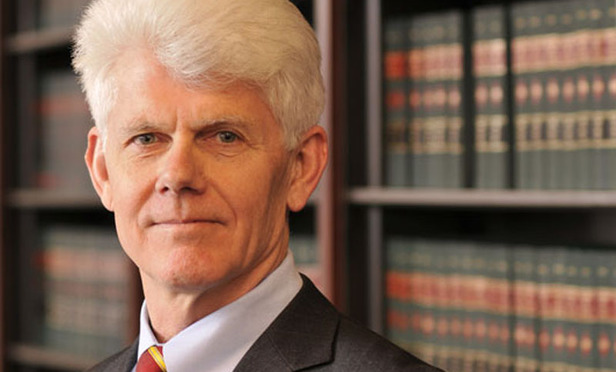Electronic discovery in an average case can be a hit-and-miss affair. The served demands usually are pretty broad, but the actual production often is limited by practical concerns and agreements between counsel. The hope, and sometimes unmet expectation, is that any failures to disclose in this process are by accident.
Emails have become an especially important part of this e-discovery because of their tendency to illuminate the state of the contemporaneous mind. They often display a candor unlike other forms of communication, and for this reason they sometimes are deleted, stored or sent on a non-work account, or unfortunately not produced at all, if especially damaging. And yet they may tell a compelling story in a few words, as was said in New Jersey: “[t]ime for some traffic problems in Fort Lee.” That email says more than a thousand-page deposition. (See “A Bridge to Scandal: Behind the Fort Lee Ruse,” New York Times, Jan. 12, 2014.)



